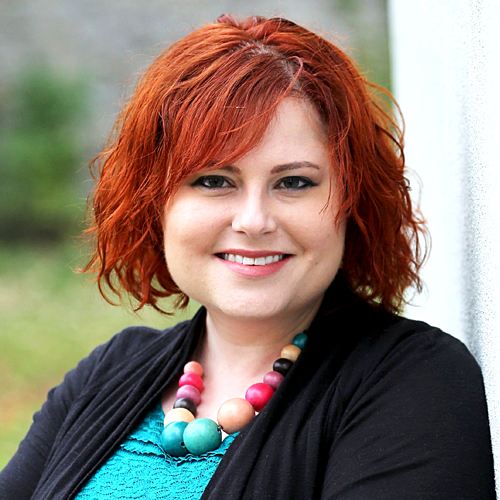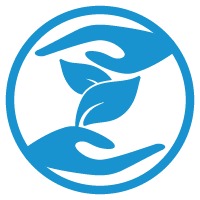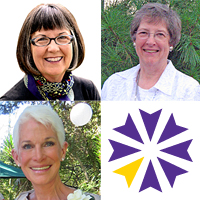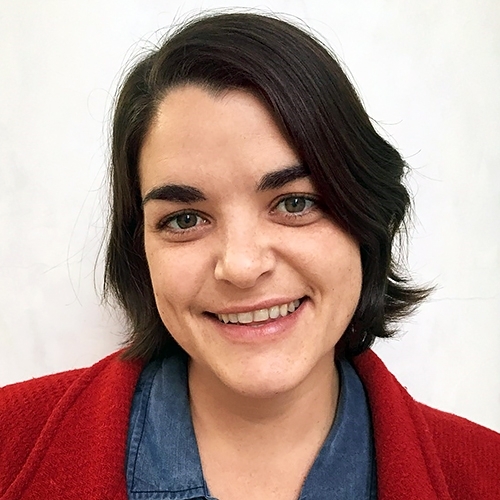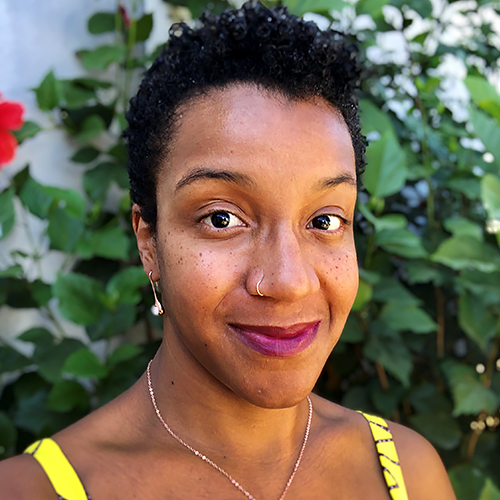 IBCLC Detailed Content Outline: Physiology and Endocrinology Focused CERPs - Section II
IBCLC Detailed Content Outline: Physiology and Endocrinology Focused CERPs - Section II
Access CERPs on Physiology and Endocrinology for the IBCLC Detailed Content Outline recertification requirements. Enjoy convenient on-demand viewing of the latest Physiology and Endocrinology focused IBCLC CERPs at your own pace.
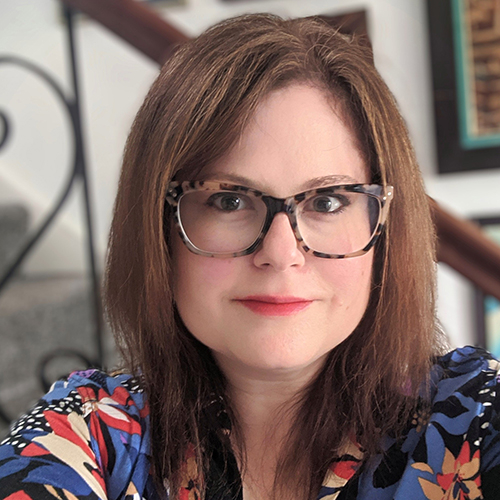

Tamara Drenttel Brand holds an MA in Near Eastern Studies from the University of Arizona and a Master’s in Public Health (MPH) from the American University of Beirut. She spent 10 years in the Middle East, where she worked as a public health practitioner, infant and maternal health consultant and an IBCLC. She has supported breastfeeding dyads from all over the world both in private practice and as a volunteer. In 2011, she founded and still actively facilitates “Mama 2 Mama Beirut Breastfeeding Support,” the largest breastfeeding peer support network in the Middle East (currently at 25k+ members). Additionally, she founded Galactablog, a professional group for lactation specialists and those aspiring-to-be (currently at 4.7k+ members) and has authored several articles for La Leche League’s monthly leader publications in both the Middle East and Ireland.
She is currently an international speaker on the topics dealing with breastfeeding in the Middle East, innovative lactation teaching strategies, working in resource-scarce settings, providing culturally sensitive lactation support, developing and implementing peer counselor training programs, mast cell disease and other related topics. Due to her own chronic health conditions, she has a special interest in educating others about mast cell disease and supporting those with chronic illnesses. She currently resides in a seaside village in Ireland with her family.
Topic: Contextualizing Breastfeeding in Lebanon - [View Abstract]
Topic: Lactation Education Outside the Box: Innovative Teaching Strategies to Engage Your Audience - [View Abstract]
Topic: Mast Cell Diseases and Lactation Care in the Post-Covid Era - [View Abstract]
Topic: Providing Culturally Sensitive Support for Breastfeeding Muslim Families - [View Abstract]
Topic: Reflections on a Breastfeeding Peer Counselor Program in Lebanon: Lessons Learned and Looking Forward - [View Abstract]
Mast Cell diseases are rare but still underdiagnosed. Even among specialists, there is a lack of consensus on terminology, diagnostic techniques and even diagnostic criteria. Clinically, mast cell diseases manifest in divergent ways. Triggers, symptoms, management and treatments differ widely from patient to patient. To date, there is no cure, just palliative management of this chronic, sometimes life-threatening condition. Because of this, there is a poor understanding of Mast Cell-related issues in the broader medical community, particularly in the realms of pregnancy, birth and lactation.
This webinar will provide participants with a general overview and understanding of the various types of Mast Cell Diseases including Mast Cell Activation Syndrome (MCAS), Mast Cell Activation Disease (MCAD) and Mastocytosis. Participants will learn how to put this knowledge into practice to provide their Mast Cell clients with specialized, empathetic, and supportive care. It will discuss how to provide patient-centered care, the importance of coordinated care and the crucial role lactation specialists play within their client’s multidisciplinary health care team. It will examine Mast Cell treatments that are compatible with lactation.
Additionally, light will shed on approaches lactation specialists can utilize to empower their clients with the tools needed to establish and maintain the breastfeeding relationship desired, including helping clients manage their parenting and breastfeeding expectations given the limitations imposed by their disease.
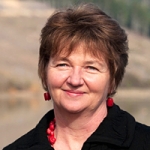
Acupuncture in pregnancy and the postpartum period. Use in New Zealand by midwives and in a hospital outpatients clinic

With a nursing background Debra gradu¬ated with a diploma in Acupuncture in 1989 while living in London. On returning to New Zealand build a practice using acupuncture for women’s health including pregnancy care. She commenced teaching acupuncture courses for midwives in 1997. This led to publications on the use of acupuncture and acupressure in obstetric practice including “The Essential Guide to Acupuncture in Pregnancy & Childbirth” in 2006, which has now been translated into German and French. Debra completed her PhD on the use of acupuncture in threatened miscarriage in 2014 through the University of Western Sydney and is currently the Director of Postgraduate Programmes for an online Masters course through New Zealand School Acupuncture and Traditional Chinese Medicine. She is also a clinical supervisor at a hospital antenatal acupuncture clinic in New Zealand, and lectures internationally on the use of acupuncture in obstet¬ric care.
A certificate in midwifery acupuncture has been available in New Zealand since 2007. This short course was specifically developed for midwives and run through an acupuncture school. Midwives successfully completing this qualification receive elective education points and may incorporate acupuncture into their midwifery practice. In June 2008, a maternity acupuncture service began operating within the Hutt Valley Hospital outpatient department, offering women access to free acupuncture care for pregnancy and postpartum period. This was the first and, to date, the only clinic of this type within a New Zealand hospital. This clinic is also run through The New Zealand School of Acupuncture and Traditional Chinese Medicine, with fourth year students providing treatment under supervision. This presentation reports on how acupuncture is used by the New Zealand midwives and in this outpatient’s clinic. It will also cover the current evidence base for acupuncture in pregnancy and the postpartum period.
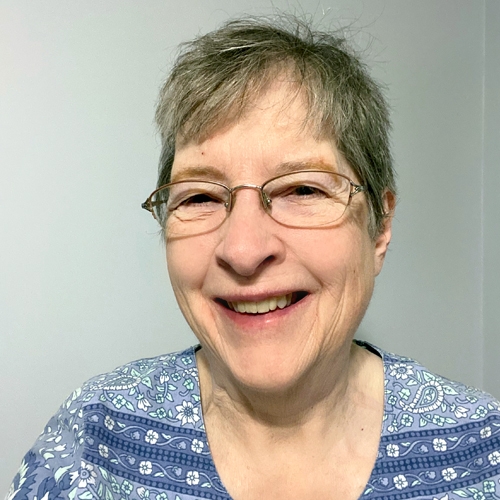

Kay Hoover became an International Board Certified Lactation Consultant in 1985. She sat for the very first exam and has taken the exam 4 times. She has worked as a private practice lactation consultant, a hospital lactation consultant at 5 different hospitals, the lactation consultant for the Philadelphia Department of Public Health, for The Center for Childhood Obesity Research at The Pennsylvania State University, and the Pennsylvania Department of Health. She currently is retired. She has presented workshops at national and international conferences and is a co-author of The Breastfeeding Atlas.
Topic: What the Books Don't Teach You: Tips and Tricks for the Lactation Professional - [View Abstract]
Topic: When There Is No Research to Back Practices: Being Life-Long Learners - [View Abstract]
Advanced Breastfeeding Case Reports will cover 4 unusual situations in a format that will allow you to use your skills to discover the ultimate outcome. One part of the excitement of our field is being detectives. These 4 cases will challenge your detective skills.
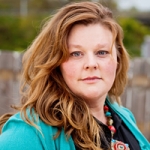

Demetria Clark is the Director of Heart of Herbs Herbal School founded in 1998, www.heartofherbs.com. She has been an internationally known herbalist and aromatherapist for over 20 years. Training thousands of practitioners and working with organizations all over the world to promote wellness and self-sustaining careers.
For health care officials aromatherapy is becoming a tool many clients and patients are relying on, learn what can be used to support clients and patients safely. Often with any sudden popularity with a modality unsafe practices can be found and safe information needs to be available to health practitioners. Learn what essential oils and aromatherapy is and how you can explore the health benefits of this modality with your clients.
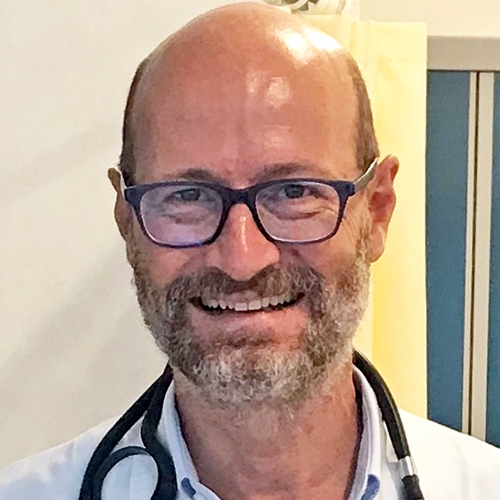
Breast Cancer During Breastfeeding and Breastfeeding After Breast Cancer

Fedro Peccatori is a medical and gynecologic oncologist whose clinical activities mainly include diagnosis and treatment of breast cancer, gynecological malignancies and tumors of young adults. He is Director of the Fertility and Procreation Unit within the Division of Gynecologic Oncology at the European Institute of Oncology, Milan, Italy.
His research projects deal with fertility preservation and counselling in young oncological patients, pregnancy associated cancers, pharmacological protection of ovarian function during chemotherapy, molecular characterization breast and gynecological malignancies.
He’s part of the ESMO task force Adolescent and Young Adult and ESMO faculty member for breast cancer. At present, he acts as Scientific Director at the European School of Oncology (ESO), where he’s in charge of organizing and supervising international courses and masterclasses on different oncological issues.
He has been interested in breastfeeding in cancer patients since 2009 and has published a number of papers on this issue.
Breast cancer is the most frequent malignant tumor during reproductive age.
Around 1/10000 nursing mothers are diagnosed with breast cancer every year. In this rare and difficult situation, patients and healthcare providers should be knowledgeable about the prognostic and practical implications of such an event. Chemotherapy may pass into the milk and breastfeeding is usually contraindicated during chemotherapy. Weaning should be gradual, to avoid breast inflammation and mastitis. A thorough psychological support should be given to the nursing mother to help her into the oncological trajectory.
On the other hand, the number of young breast cancer survivors is increasing and more and more patients enquire about the possibility of subsequent pregnancies and breastfeeding. The breast treated with conservative surgery and subsequent radiation is less responsive to hormonal stimulation, with reduced glandular hyperplasia and hypertrophy. Milk production is usually decreased in the previously affected breast and surgery may affect duct integrity. Nonetheless, each breast has the capability to self regulate milk production according to the baby’s suckling habits, and many evidences support the notion that one breast is enough. Specific education programs should focus on adequate baby positioning, correct latching and reinforcement of the advantages of on demand breastfeeding. Data from our group demonstrate the feasibility of breastfeeding after breast cancer, but qualified lactation counseling to support patients and caregivers is needed.
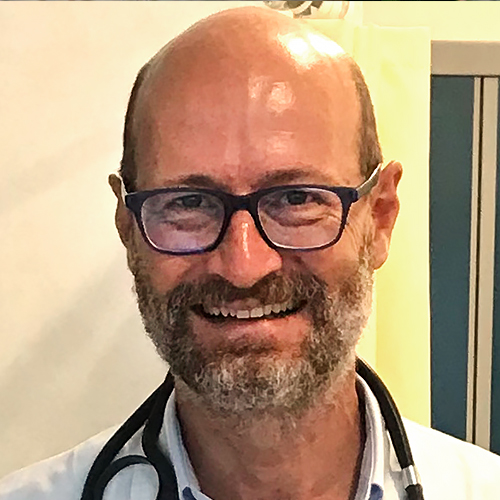
View Details / Enroll
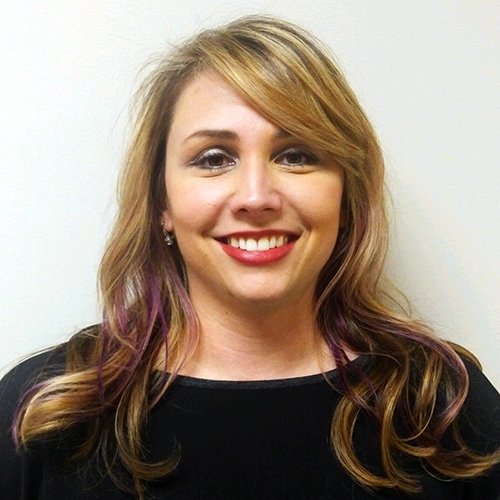
Breastfeeding Medically Complex Infants in the Neonatal ICU

Amber Valentine is a Speech-Language Pathologist who graduated from the University of Kentucky with her MS in Communication Disorders. She is a Board Certified Specialist in Swallowing and Swallowing Disorders and an International Board Certified Lactation Consultant, as well as a Certified Neonatal Therapist (CNT). She worked for Baptist Health Systems, Inc for 8 years before moving to Florida where she worked for Wolfsons Children’s Hospital and Mayo Florida. She is now back in Kentucky working for Baptist Health Lexington. She has experience in adults and pediatrics with feeding and swallowing difficulties including: bedside swallow evaluations, Modified Barium Swallow studies, FEES, and pediatric feeding evaluations including NICU. She has experience with head and neck cancer patient including evaluation and treatment of swallowing difficulties, PMV use, and voice after total laryngectomy including TEP. She has provided guest lectures for the University of Kentucky, Eastern Kentucky University, and the University of Louisville on feeding and swallowing topics. She has presented at the hospital, local, state, national, and international levels on pediatric feeding/swallowing and breastfeeding.
Topic: Breastfeeding Medically Complex Infants in the Neonatal ICU - [View Abstract]
Topic: Building a Successful Breastfeeding Program in the NICU: Challenges and Practical Solutions - [View Abstract]
Feeding is the most complex task of infancy, even in term babies with no complications. There are many diagnoses, conditions, syndromes, and co-morbidities that can impact feeding in neonates and infants. This talk will briefly highlight many of those, but we will focus on three specific populations of interest –Cleft lip and palate, Infants of Diabetic Mothers, and Down Syndrome. We will discuss the specific implications these conditions can have on feeding, why these infants may have difficulty, and the classic symptoms one could expect to see. The differences between delayed and disordered feeding will also be addressed. Strategies and adaptions for both breast and bottle feeding will be discussed. Positioning, nipple flow rate, and external strategies will be explained. Case studies will be shared at the end of the presentation.

View Details / Enroll
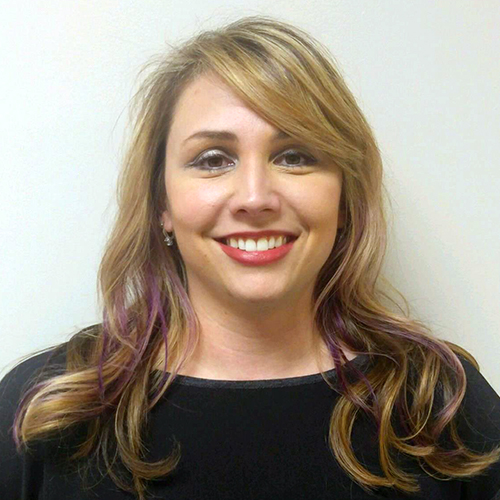
View Details / Enroll
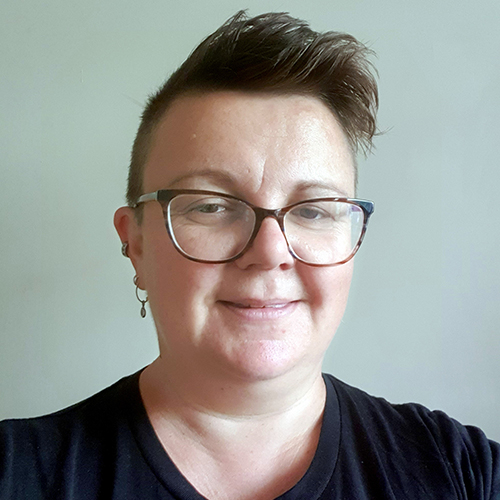
Breastfeeding Twins and Triplets: Supporting Families During Their Breastfeeding Journey

Kathryn Stagg is mum to 4 boys, twins and 2 subsequent singletons. She trained as a breastfeeding peer supporter and volunteered in the groups for years in and around Harrow, NW London, UK.
Kathryn caught the breastfeeding support bug and decided to further her knowledge training as a Breastfeeding Counsellor with the Association of Breastfeeding Mothers and then qualifying as an IBCLC 5 years ago.
Kathryn started Breastfeeding Twins and Triplets Facebook group almost 8 years ago and it now has over 9000 members. It has recently been made into a UK charity. Kathryn is passionate about delivering high quality breastfeeding support to as many twin and triplet families as possible, creating resources and educating health care professionals and breastfeeding supporters. She runs a small private practice and continues to teach music part time, her original career path. Kathryn is the author of Breastfeeding Twins and Triplets; a guide for professionals and parents.
/p>
Topic: Don't Let Us Fool You: Breastfeeding in Late Preterm and Early Term Babies - [View Abstract]
This session will help you understand the challenges of a multiple pregnancy and birth. Discover preparations that can help ease stress and increase success in lactation. Learn how to support families experiencing premature birth. You will understand the best way to help parents establish breastfeeding their multiples, even with late preterm/early term birth. This session will help attendees gain and understanding of how to navigate the challenges of breastfeeding multiples and how to support families effectively during the different stages of their breastfeeding journeys.
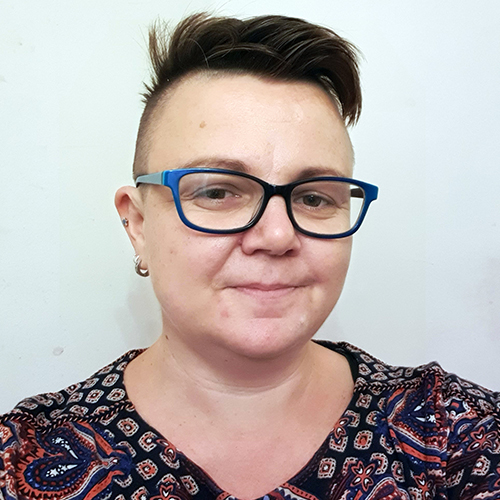
View Details / Enroll
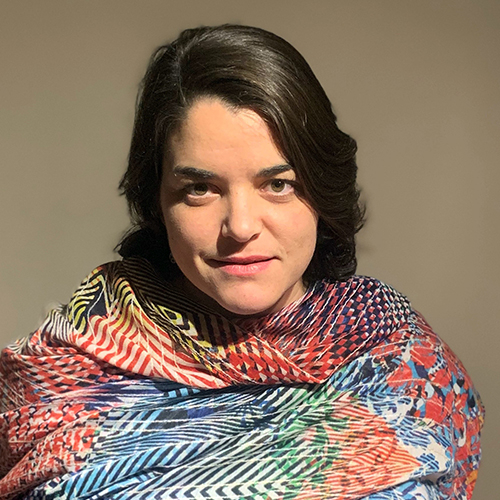

Mariana Colmenares Castano was born in Mexico City, and from an early age she was fascinated by animals and nature.She studied medicine at the National University of Mexico (UNAM), and foundher passion as a pediatrician doing her residency at the National Pediatric Institute. When her first child was born she witnessed the lack of knowledge and commitment to breastfeeding within the medical profession, and so she decided to specialize in breastfeeding medicine. She certified as a Lactation Consultant (IBCLC) in 2011.Mariana is a member of the International Lactation Consultant Association, the Academy of Breastfeeding Medicine, and a proud founding member of the National Lactation Consultant Association of Mexico (ACCLAM), where she served on the Board of Directors as Education Coordinator (2014-2019). She is part of board director for the Academy of Breastfeeding Medicine for a 3 year period (2019-2022) and recently named as secretary for the Academy of Breastfeeding Medicine. Mariana is a member of the team for Breastfeeding Country Index BFCI, a project from Yale University and Universidad Iberoamericana. She is consultant for the National Health Institute in Mexico and has collaborated with UNICEF in breastfeeding projects and part of the steering committee for the WHO. She has spoken at national and international conferences, co-published numerous articles and co-authored a chapter for the National Academy of Medicine. At the moment she is a Clinical Fellow in Community Paediatrics in London.
Topic: Breastfeeding The Baby With Congenital Heart Disease - [View Abstract]
Topic: Breastfeeding with Insufficient Glandular Tissue - [View Abstract]
Topic: Clinical Assessment and Management of Jaundice in the Newborn - [View Abstract]
Topic: Oral Colostrum Care as an Immunological Intervention in the NICU - [View Abstract]
Breastfeeding is the normative way to feed babies all over the world. We have access to a large amount of scientific evidence that supports it. Advocates of breastfeeding such as health care professionals that protect, promote and support the breast/chest feeding dyad can struggle sometimes with women or babies who cannot breastfeed as the World Health Organization suggests. Mothers with low milk supply are often supported by family, friends and health care with well meaning advice and remedies to help them do their best. Women who have insufficient glandular tissue (IGT) struggle with their milk supply, despite good breastfeeding management. It is common to see families with this issue during their second or third lactation failure without really understanding what might be going wrong. These babies can have dehydration in the neonatal period, hypernatremia or even death without anybody that could help with a correct diagnosis or help with achievable goals that can benefit both mother and baby. It is of great importance to help with accurate diagnosis that can also benefit psychologically and can help parents choose to continue breastfeeding with breast/ chest supplementation.
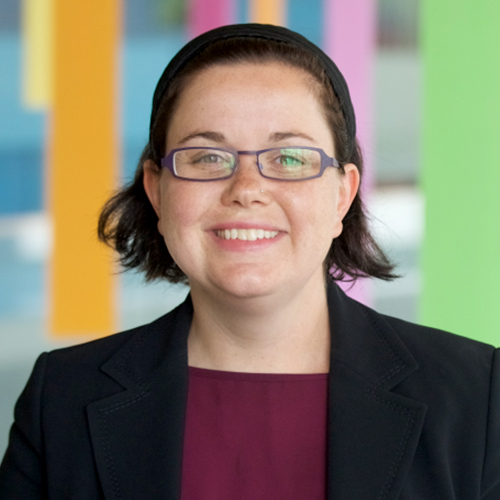
Building Bridges: Early IBCLC Recognition and Triage of Common and Life-Threatening Newborn and Maternal Pathology

Topic: How Low Is Too Low? Managing Newborn Hypoglycemia - [View Abstract]
IBCLCs, often with limited education in newborn medicine and obstetrics, care for the infant-parent dyad within the context of a complex healthcare system staffed by providers with variant training in breastfeeding medicine. This is an interaction filled with knowledge gaps and fraught with the possibility for misunderstanding and dangerously missed diagnoses. I plan to combine my training in general pediatrics and my clinical experience as a pediatric ER physician with my IBCLC training. I will teach conference participants about medical emergencies when caring for the breastfeeding newborn and the post-partum parent so that they can recognize clinical scenarios presenting to their care that require immediate medical assessment. The presentation will focus on high-yield topics in newborn medicine and postpartum obstetrics to deepen the IBCLCs recognition and ensure appropriate ongoing care for common and life-threatening complaints. It will include a discussion of neonatal jaundice, neonatal fever, severe weight loss, pyloric stenosis, congenital birth defects and genetic disorders; the lecture will also address postpartum depression, post-operative infections, and postpartum preeclampsia. Armed with this understanding of clinical red flags, IBCLCs will be empowered to better care for their breastfeeding patients, while also understanding when immediate medical assessment is imperative.
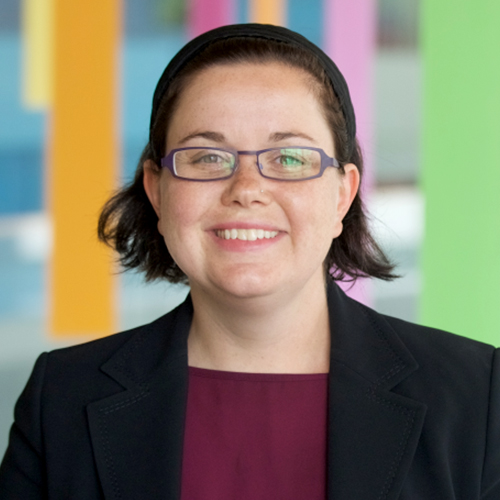
View Details / Enroll
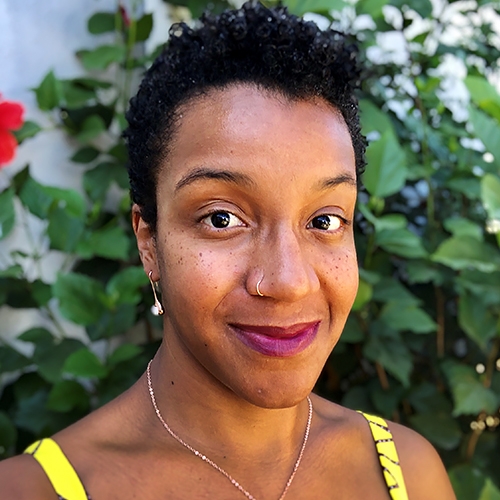

Leah De Shay studied Psychology and Speech Language Pathology in undergrad before embarking on a series of international research projects with that launched her journey to CLEC and IBCLC completion. Has worked both in patient and out patient, runs community support groups and is the current president of LACTWORLD and chief operating officer of LacBoMa. She is saving to do her bridge doctoral studies in physiology of lactation.
Breastfeeding parents who are navigating autoimmune disorders of inflammation such as lupus, and rheumatoid arthritis face unique challenges. This presentation will look at the lived experiences, limited research, and express challenges of these parents including the most common and debilitating symptoms for the prenatal and post partum periods, and ways these conditions can affect mammary gland development or interfere with lactogenesis stages. Also covered will be how managing the symptoms of these disorders affects the stress of recovery and breastfeeding or pumping goals, what methods of support can be offered and areas for future clinical improvement and advocacy.



